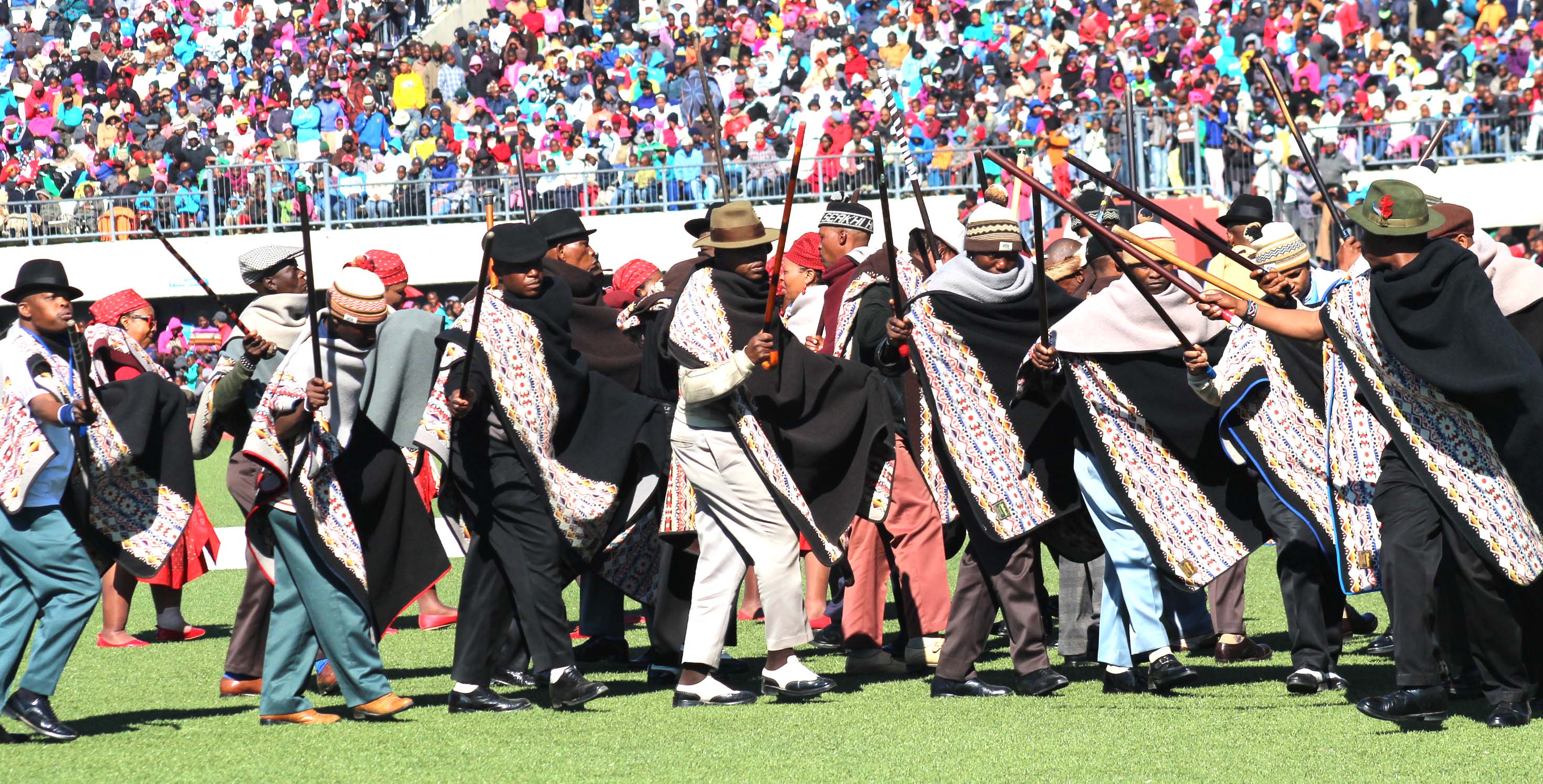Limpho Sello
FAMO gangs in Mafeteng have been fingered as one of the major contributors to the district’s HIV’AIDS prevalence rates which are now the highest in the country.
According to the latest Lesotho Population-based HIV Impact Assessment (LePHIA 2020) report, Mafeteng now has a 24 percent prevalence rate.
This is marginally higher than that of Mohale’s Hoek which has a 23, 5 percent prevalence rate.
The prevalence rates in Mafeteng and Mohale’s Hoek are higher than the national average which currently stands at 22, 7 percent.
Against this background, the Mafeteng District HIV and AIDS Committee, the United Nations Population Fund (UNFPA) and the National Aids Commission (NAC) recently held a workshop to discuss the high infections in the district and possible solutions to fight the pandemic.
Speaking at the workshop, District HIV and AIDS Officer, Tleletlele Thaane, described Mafeteng as a poverty-stricken district where many women were widowed and children orphaned due to the Famo gang wars.
Over the past decade, Famo gangs have achieved notoriety for their senseless killings that have rocked many parts of the country and left many households without breadwinners and struggling to make ends meet.
In Mafeteng, the gangs mainly operate in the Matelile, Ribaneng, Thabana-Morena and Kolo areas.
In his remarks, Mr Thaane said, “due to the Famo gang wars and killings, there is a high number of widows and orphans who are left behind in the district”.
“In the urban centres of Mafeteng, several high schools have admitted learners from the rural areas. These children live in rented hostels where they end up staying together with their boyfriends and they depend on older men to provide for them.
“These children live a life of giving sex in exchange for cash, food, airtime and other things. The numerous Famo gang-related deaths of their parents are a contributing factor to the high HIV statistics in the district as the victims are forced to turn to multiple partners which in turn increases the risk of infections,” Mr Thaane added.
Another district HIV officer, Matholoana Lenkoane, also blamed some of the gangsters for fuelling infections through their denial of the disease.
She said in her work at one of the clinics in the district, she had encountered cases of expectant mothers who tested HIV positive and accepted her status only for her gangster partner to bar her from seeking HIV services. The partner would not seek HIV services either, Ms Lenkoane said.
“It becomes a challenge when an expectant mother shares her HIV status with her partner. You will find that the partner refuses to accept the news and bars her from seeking HIV services such as antiretroviral treatment (ARVs). This was very common in Ribaneng where a man would accompany his partner to the clinic and instruct nurses to offer her all other assistance except for HIV services.
“So, I really want to emphasise the fact that even when women have accepted their HIV status, these men from the gangs deny them the opportunity to access services. This also increases the risk of mother to child HIV transmissions,” Ms Lenkoane said.
NAC Civil Society Coordinator, Tankiso Mokhohlane, then asked participants how best the challenges could be resolved to reduce the high infections in the district, particularly in the areas with Famo gangs.
In response, ‘Manyakallo Pholo, a Thabana-Morena-based Local Government and Chieftainship Affairs a ministry official, suggested that local chiefs should assist the various stakeholders to engage the Famo gangs to educate them and offer counselling services on HIV issues.
But other participants said they feared working with the gangs as they were heartless people who had no qualms in killing anyone at any time if they felt offended.
Contacted this week, one of the prominent Famo gang leaders, Sarele Sello, of the Terene faction, said he would consult his colleagues before commenting on the issue.
“This is news to us. I will meet with my fellows to discuss how the issues raised can be handled,” said Mr Sello who has been at the forefront of efforts to reconcile rival Famo gangs.
Mr Sello and his faction are also working hard to repair their image by engaging in community projects such building houses for vulnerable people.

